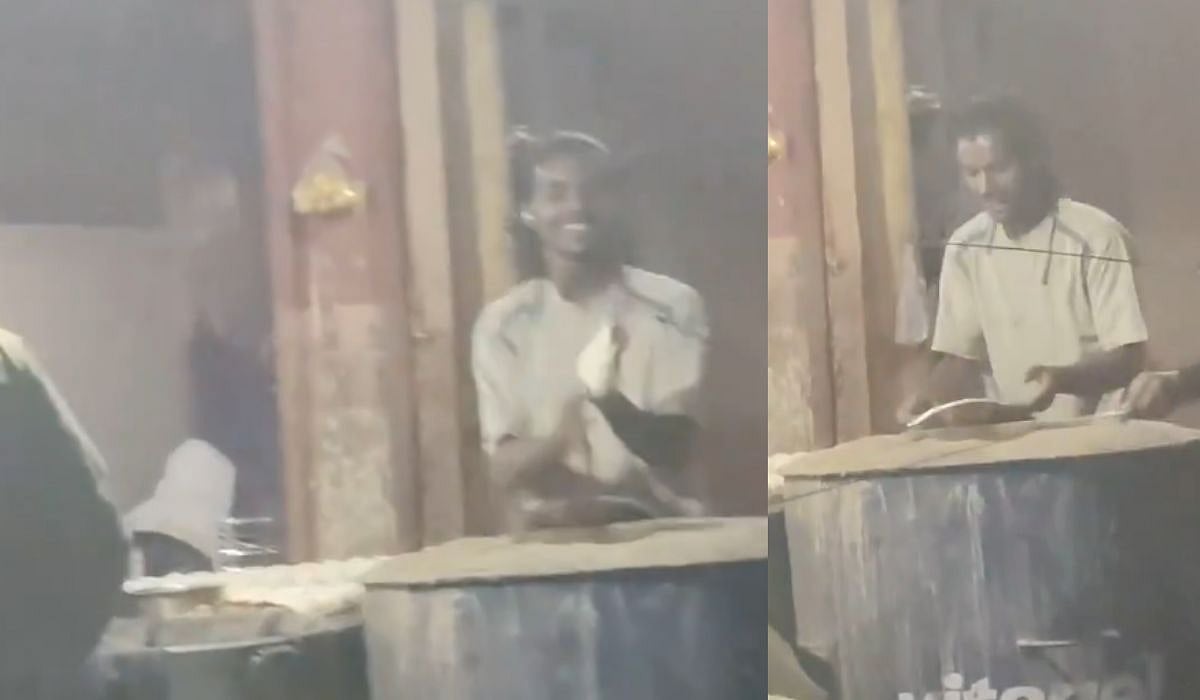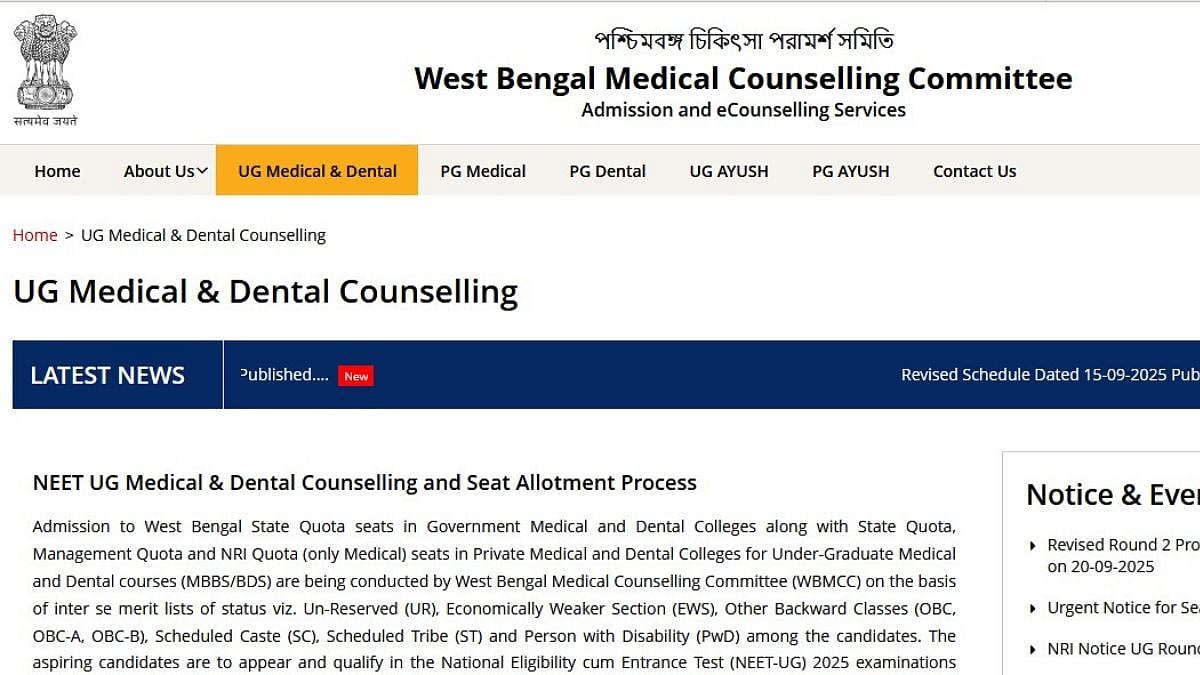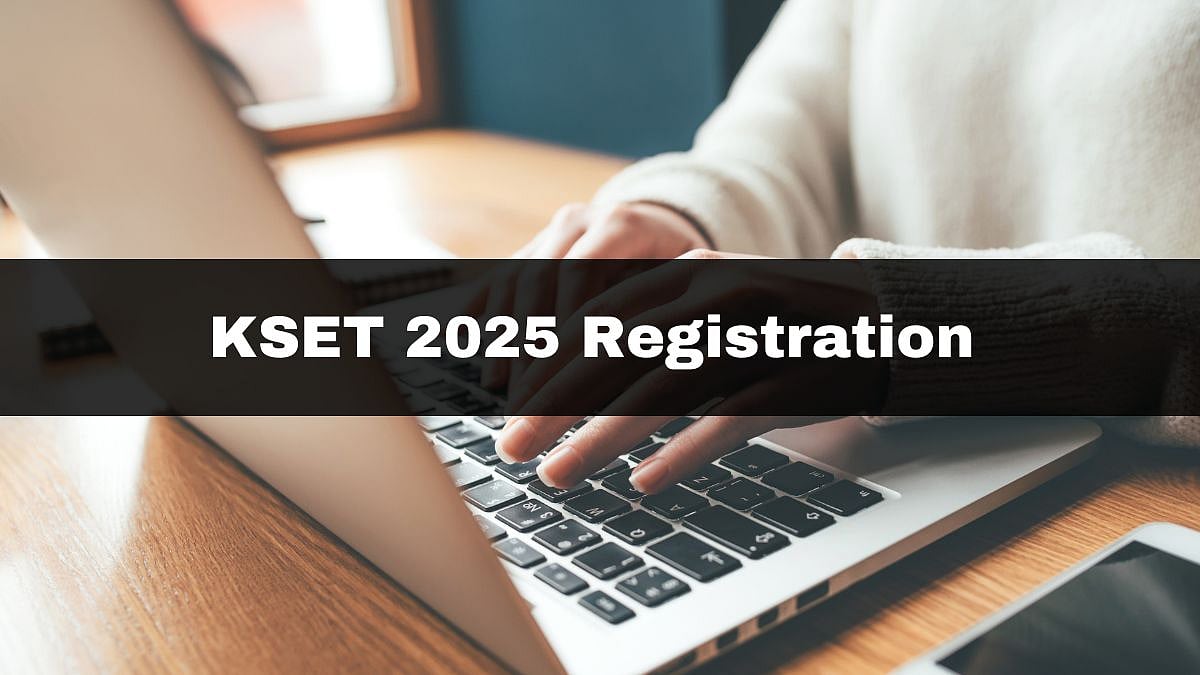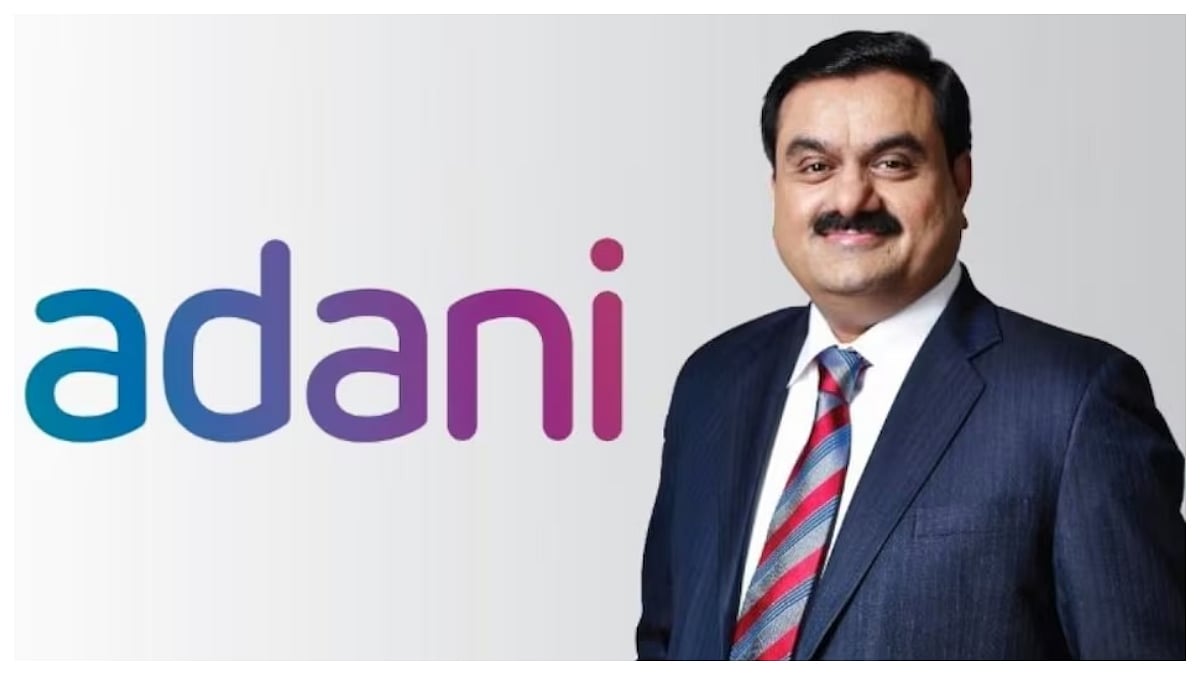The use of credit cards has been rapidly increasing in India. Credit cards offer short-term loans during tough times, and if paid back within the grace period, there’s no interest charged. However, once the grace period ends, a high interest rate is applied. Alongside this, credit cards also come with rewards, cashback, and discounts, which further enhance their popularity.
Credit Card Loans Are Unsecured
Loans availed through credit cards fall under the category of unsecured loans, as they do not require any collateral. In such cases, if a credit card user passes away before repaying the outstanding amount, what happens to the debt?
Unsecured Credit Card Debt After Death – What's the Rule?
Typically, a credit card limit is decided based on the applicant’s income, credit score, existing loans, and repayment history. The responsibility of repaying the credit card dues lies solely with the cardholder. If the cardholder dies before repaying the dues, banks usually write off the unpaid amount. In such cases, the bank cannot legally force any family member to pay the pending dues.
What Happens in the Case of Secured Credit Cards?
Nowadays, secured credit cards are also being offered, mostly to individuals who cannot qualify for a standard credit card. To obtain a secured credit card, the applicant must provide collateral, such as a fixed deposit (FD). If the user fails to repay the credit card bill due to any reason, including death, the bank has the right to recover the dues by liquidating the FD used as collateral.
Same Rule Applies to Personal Loans
Personal loans are also considered unsecured loans, like credit card dues. Hence, only the borrower is responsible for repayment. If the borrower dies, the bank cannot compel any family member to settle the outstanding loan. The loan is typically considered closed upon the death of the borrower.












